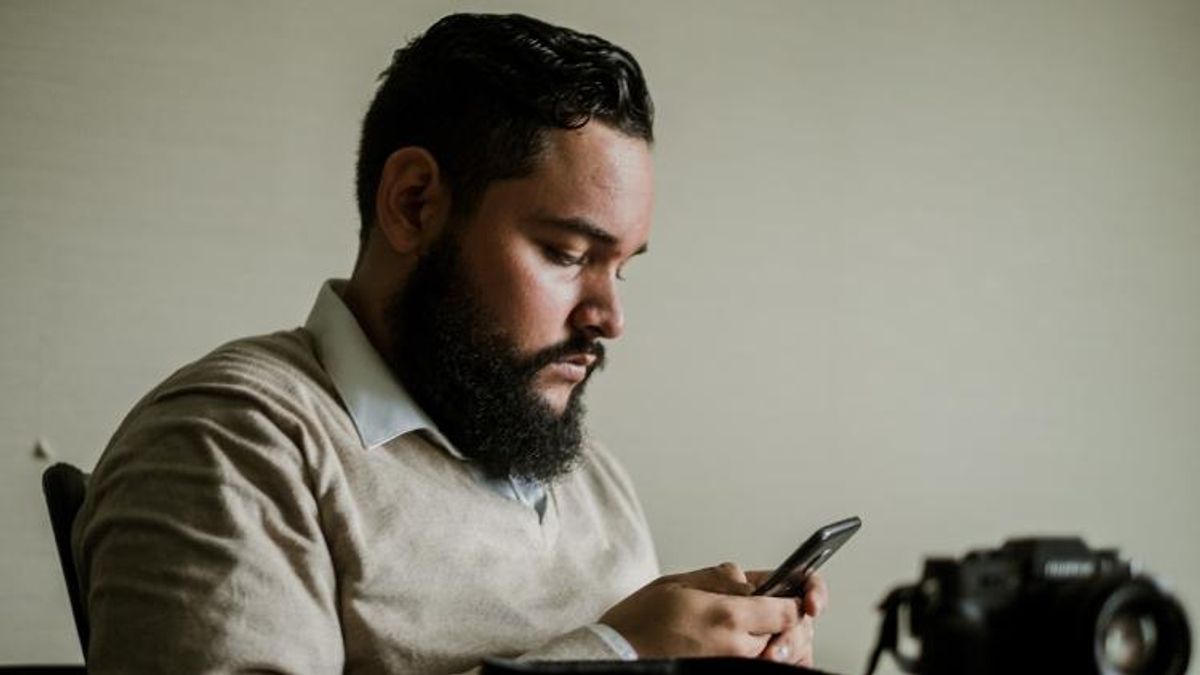For many LGBTQ people in the U.S., coronavirus has created an unprecedented situation in which we are completely and totally isolated, from both our queer communities and everyone else. But during my five years as the Director of Grindr for Equality, I've traveled to many parts of the world where this level of isolation is the norm for queer people.
Last month I spent time in Egypt, for example, where gay, bi, and trans people are regularly hunted down, violated, and arrested simply because of who they are or who they love. Obviously, this creates a situation in which people feel scared and isolated, and it means that the role of Grindr in the community is very different than it is for many here in the U.S.
For Grindr users in countries where gay sex is illegal or even carries the death penalty, many people use the app to create connections with no immediate plan to bring those connections into the physical world. For many people in Nigeria, for example, which has perhaps the world's most intense anti-gay national laws, people may chat on Grindr for months before they decide to meet in public. Others may use the app simply to find connections that are never intended to go offline but still provide incredible relief for those who might be trapped at home with homophobic family or just those who have never had a chance to interact with another person who shares their identity.
I was inspired to join the Grindr team to utilize the app's reach and improve the health and human rights of LGBTQ communities. For people who live in places where there are no gay bars and no LGBTQ soccer teams to join to make friends, the app provides an invaluable service simply in creating connections between us. To me, even beyond the work we do to distribute sexual health information and create linkages between LGBTQ organizations and our local users, simply creating connections between members of our community who are all too often isolated, is at its core, of social justice value.
In this era of COVID-19 when we're "sheltering in place" and social distancing, U.S. LGBTQ users can look to examples abroad for how we can use social networks to get us through this situation. Even in the U.S., Grindr has always had multiple use cases - for people to make connections for friendship, flirtation, mutual support, and even just to pass the time. But during this period, it's even more crucial that we support one another and meet our social needs however we can.
The whole globe is learning to cope with social distancing right now, and as LGBTQ people, we are already susceptible to isolation. It's more important than ever that we find shelter and a sense of community in one another online. We will get through this period of uncertainty and isolation together.
Jack Harrison-Quintana is the Director of Grindr for Equality.


















































































Here's our dream all-queer cast for 'The White Lotus' season 4